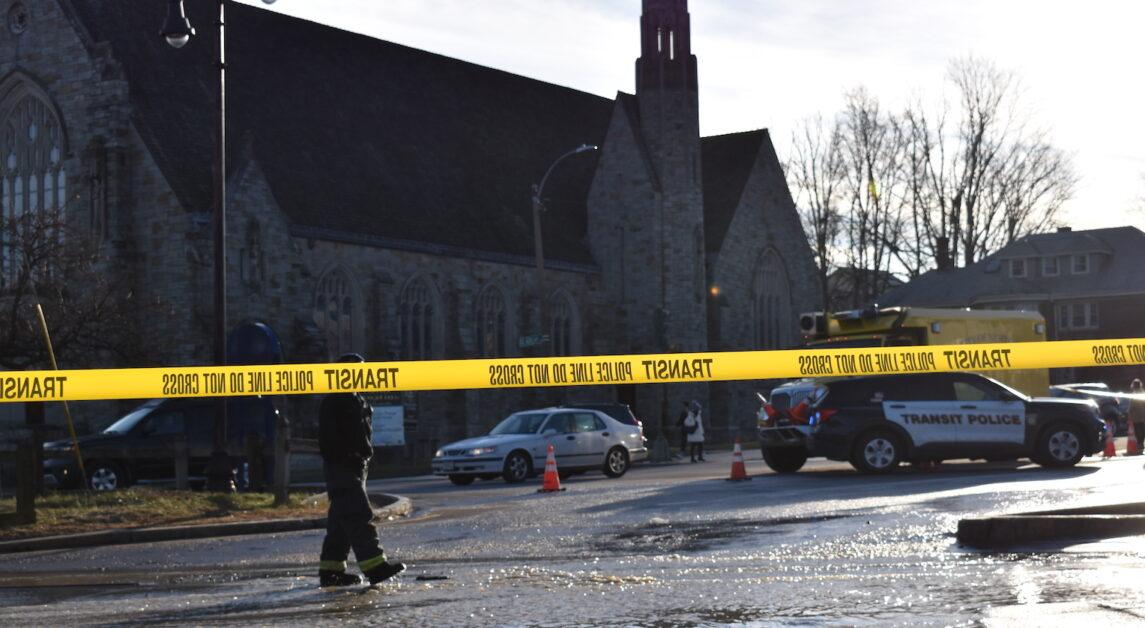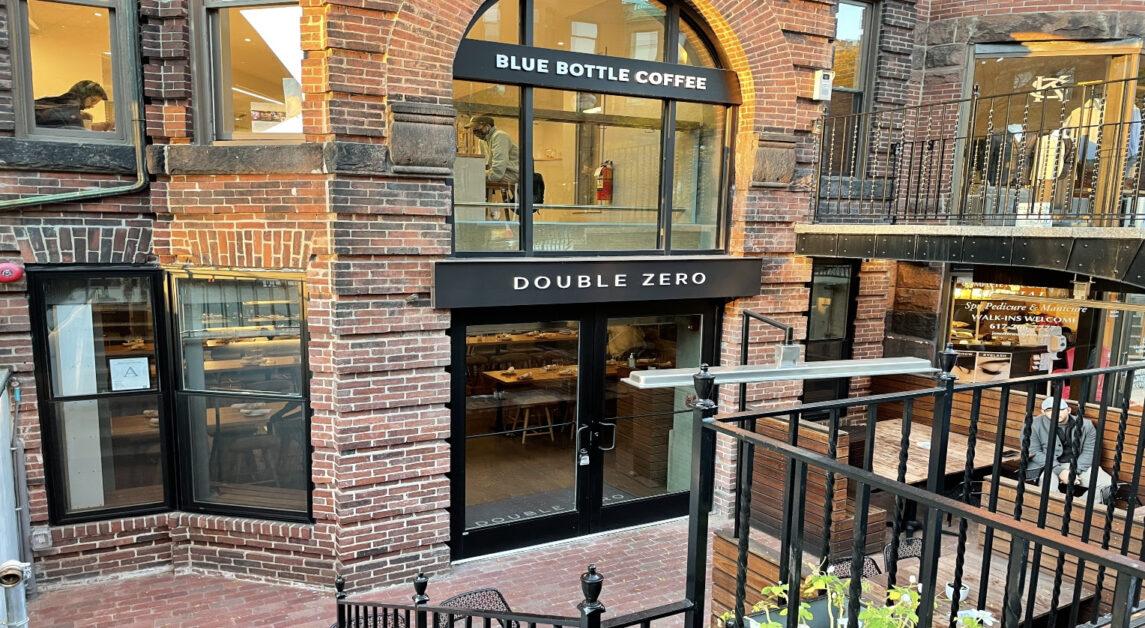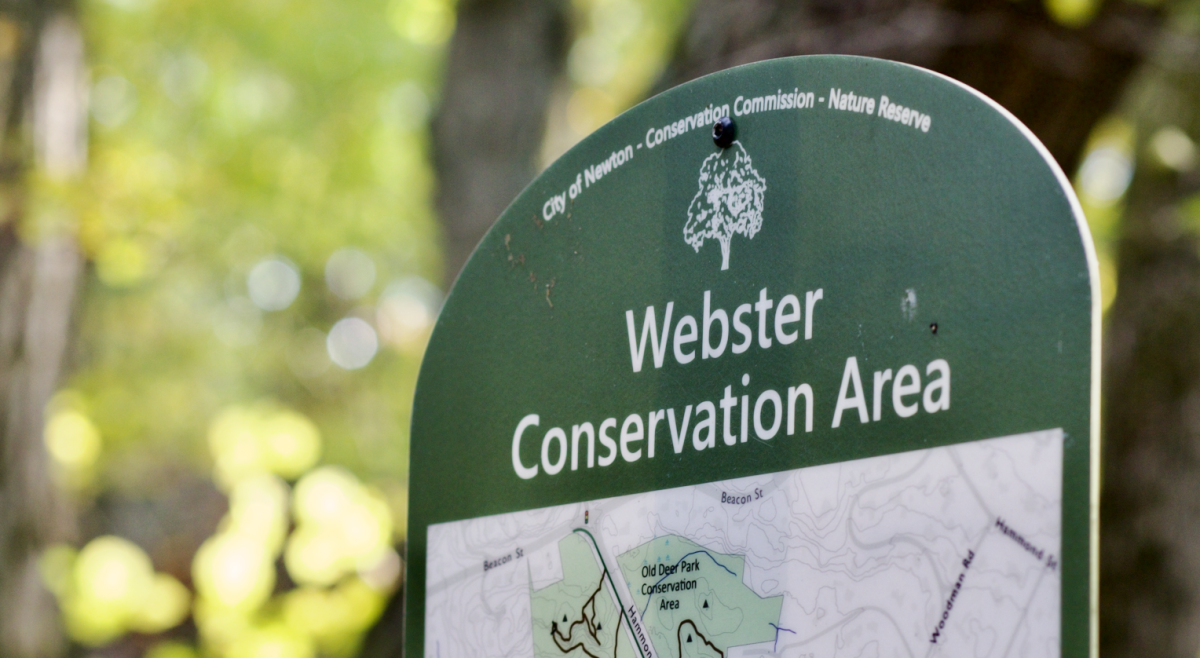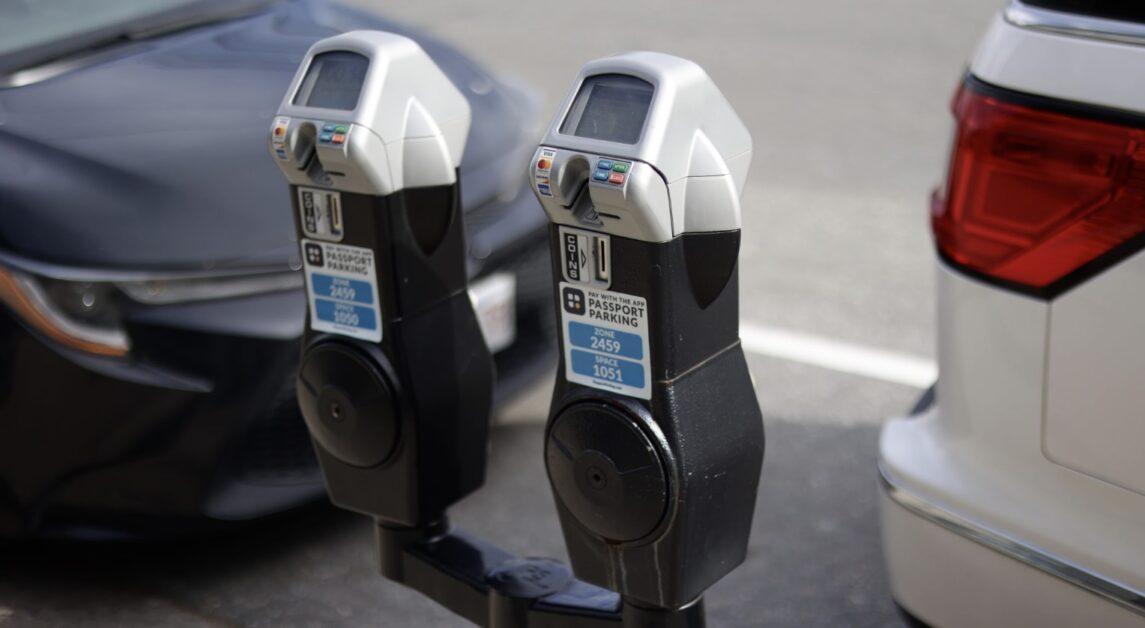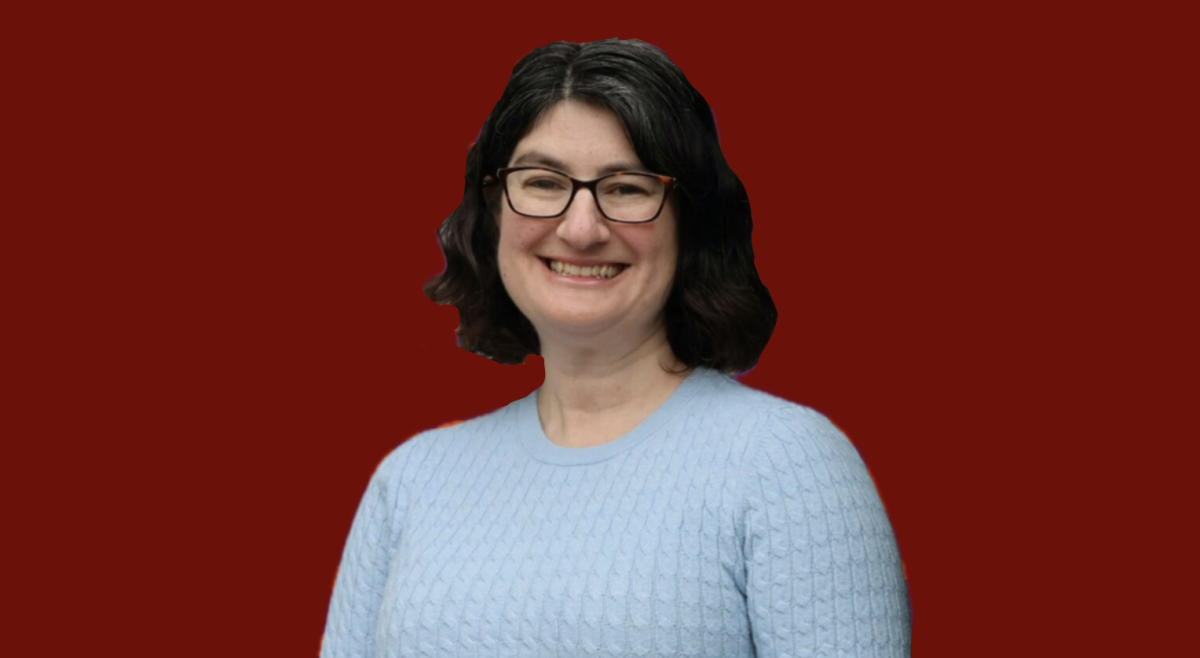Jose Martin Paz Flores sat in the chambers of Boston City Council yesterday and told the room about the time he was injured at work in 2017. He had been in the United States for a few years—living in Florida before he moved to Massachusetts—and was working for a construction company when he sustained a fracture in his left leg. He went to the hospital, had surgery, and asked his employer for worker’s compensation.
His boss called him in to his office, and Flores went with his 2-year-old and a friend who had driven him. He went in and talked, and when he walked out was detained by Immigration and Customs Enforcement (ICE) officers.
“Since that moment, my life has been difficult in every sense,” Flores said.
His case was brought to the attention of the public when WBUR reported it in 2017. The report prompted the City Council to call a hearing on Tuesday to examine the effectiveness of the Trust Act, an ordinance passed by the City of Boston in 2014 that says the Boston Police Department (BPD) cannot assist ICE in any way.
The goal of the order is to prevent undocumented immigrants from feeling that they cannot report crimes to the police for fear of deportation. The hearing was held to examine how well the Trust Act is being followed by BPD and if anything needs to be changed within the act.
“We in the Boston Police Department honor and abide by the Trust Act,” BPD Commissioner William Gross said at the hearing. “The Boston police do not enforce federal immigration laws, we enforce state laws. Boston police do not check immigration states in the face of possible criminal activity.”
At the time of the arrest, Boston College Chief of Police William Evans was the Boston police commissioner. Gross was his superintendent, which is the second in command in the BPD.
Flores’ case was brought to attention because his employer contacted a member of BPD, and the police department in turn reported his location to ICE.
Flores was not arrested because of his immigration status, but because he was suspected of identity theft, said Gregory Gallagher, a member of BPD’s drug control unit and the department liaison with ICE. Flores’ green card had a photo of an Asian male, but Flores is Hispanic, said Gallagher.
Lydia Edwards, councilor for District 1, questioned why the BPD gave his location to ICE to begin with. If, in practicality, there is not at much of a separation between ICE and the BPD as there is supposed to be, then a better ordinance needs to be written, she said. Gross continuously emphasized that the BPD did nothing wrong in the case and are here to protect all people in Boston from all criminals, regardless of immigration status.
The question of why the BPD gave ICE the location of Flores was never clearly answered.
“For us there are no blurred lines at all,” Gross said. “ICE has their job and we have our job. Our job is to protect the citizens of the Commonwealth.”
The country is a different place than it was when the Trust Act was made in 2014 because of the Trump administration and its harsh immigration policies, said Josh Zakim, councilor for District 8.
People in Boston are concerned about the role of the BPD in arresting undocumented immigrants, Edwards said. She asked Gross how they can increase public trust in the City and the department.
“First of all, don’t believe everything that’s put in the newspaper,” Gross said.
The BPD has been unfairly scrutinized because of what is going in Washington D.C. with President Donald Trump’s immigration policies, the commissioner said. The media has held the department in a bad light, he continued, and they shouldn’t be the scapegoats because of what is happening in the capital.
“You’re right, these are challenging times,” Gross said. “We see what’s going on in Washington D.C. But the Boston police has never wavered in its duty or gone against the Trust Act.”
One community member who spoke at the hearing voiced his disappointment that BPD did not acknowledge the possibility of any wrongdoing on their part. He also pointed out that the commissioner left immediately following his own testimony, before Flores got the chance to speak. The council needs to clarify what the police are allowed to do, another said. Of the four citizens who spoke, all were in support of the Trust Act and the clarification of BPD’s inability to aid ICE. As a Boston Public Schools teacher, one saw the “traumatized state of fear” some undocumented immigrants lived in.
“We’re here to ask as human beings that the police not get engaged with these immigration issues,” said Rosa Benitez, Flores’ long-time partner.
Featured Image by Jonathan Ye / Heights Editor




